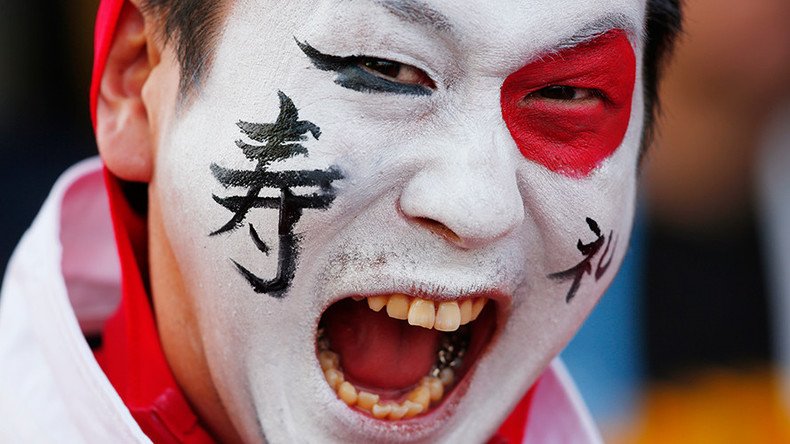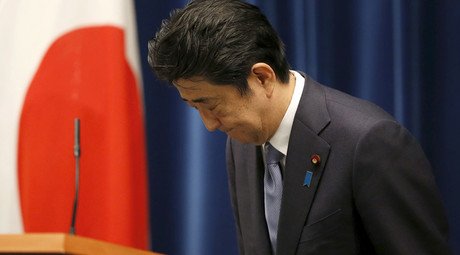Japanese economy contracts on falling consumer demand

Japan's economy shrank 0.4 percent between October and December, compared with the previous quarter. This raises questions about Prime Minister Shinzo Abe’s financial stimulus policy to lift the world’s third largest economy out of stagnation.
On an annualized basis the economy contracted 1.4 percent during the period. Economists had predicted a 1.2 percent fall, but actual numbers are worse because of a sharp decline in consumption.
Private consumption, which makes up 60 percent of Japan’s GDP, dropped 0.8 percent, which is more than the predicted 0.6 percent decline, a sign the government’s stimulus policies have so far failed to make the Japanese spend more.
“The downside risks to Japan’s economy are likely to increase as the yen’s gains may damp capital spending and exports, and private consumption also is looking weak. There’s no clear driver to support Japan’s economy,” Yuichi Kodama, chief economist at Meiji Yasuda Life Insurance in Tokyo told Bloomberg.
Wages in Japan haven’t grown more than one percent in any year since 1997, and actually shrank in the last four years when adjusted for inflation.
With the yen climbing up to 113.8 to the dollar in recent weeks, investors expect even further stimulus from the central bank, with the Nikkei 225 index closing 7.16 percent higher on Monday.
Yoshihide Suga, Japan’s chief cabinet secretary has said the drop in consumer demand is linked to an exceptionally mild winter. “The economic fundamentals are good. We expect a steady recovery in business conditions,” he said.
Prime Minister Shinzo Abe's plan to boost the economy - dubbed ‘Abenomics’ - was introduced after he won the December 2013 election. He is aiming to tackle deflation that Tokyo has been trying to address for almost 20 years. Abe also wanted to boost demand and investment as well as weaken the yen to help local producers become more competitive.













